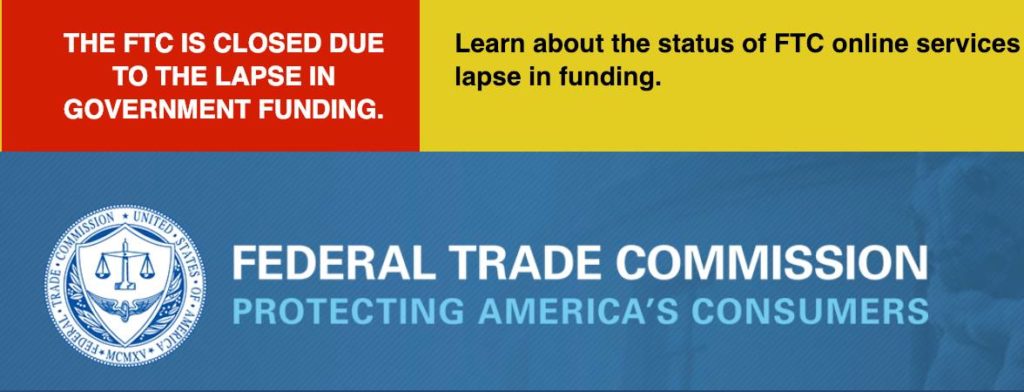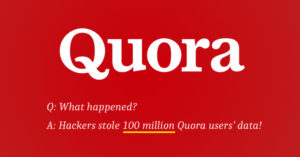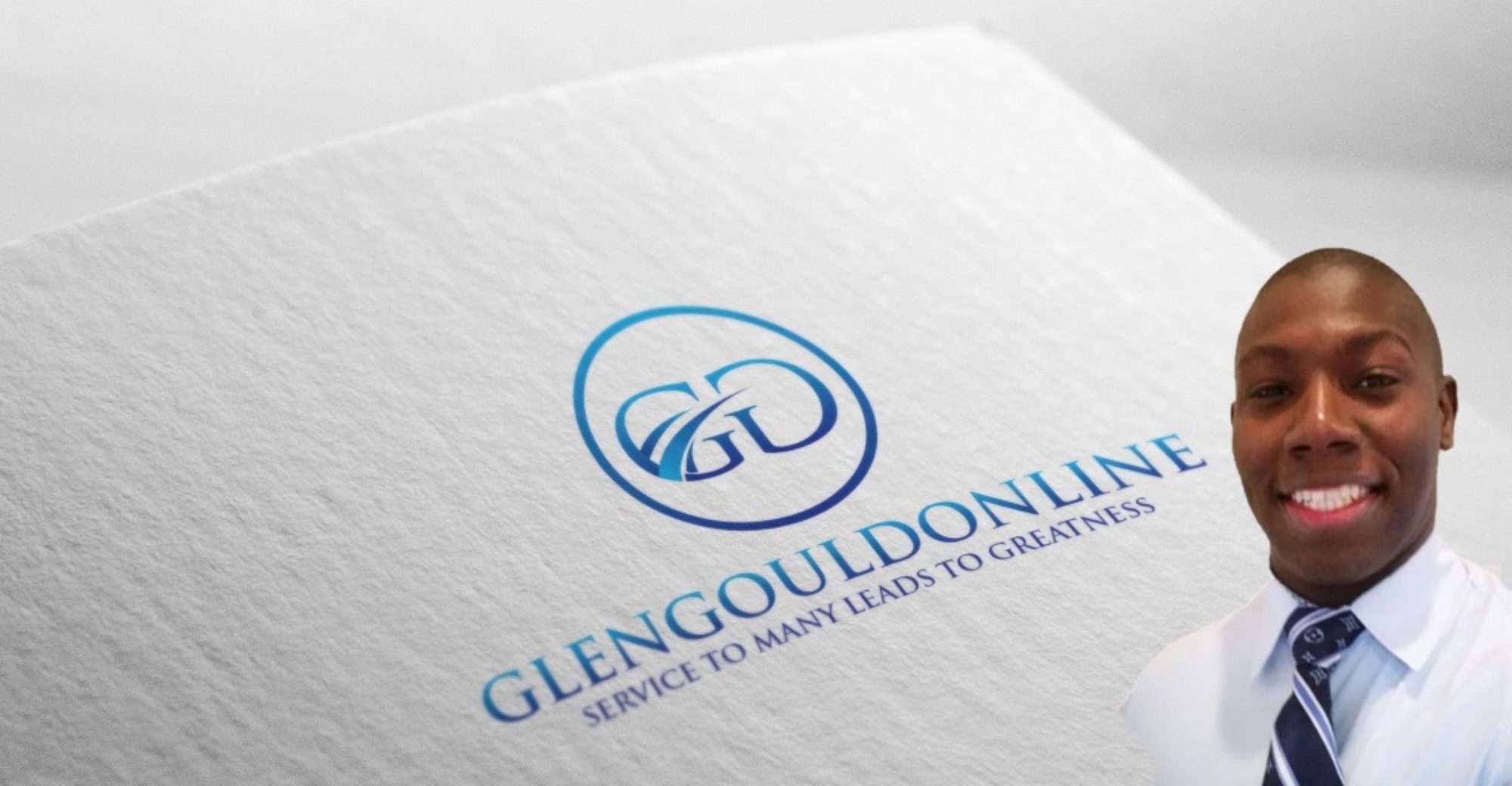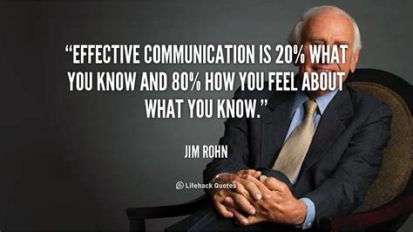#EricThomas #Motivation #ET #ETUncut #IgniteTheDream #TGIM #1%Club #Verified
To-Go Plate: Speaker Eric Thomas
Should You Work 18 Hours A Day? – Gary Vaynerchuk
Gary Vaynerchuk talks about why hard work is a huge part of becoming successful in life,how you can find the right work-life balance for you and why you should stop listening to the people around you if you want to become truly happy.
Gary Vaynerchuk is a serial entrepreneur and the CEO and founder of VaynerMedia, a full-service digital agency servicing Fortune 500 clients across the company’s 5 locations. Gary is also a prolific public speaker, venture capitalist, 4-time New York Times Bestselling Author, and has been named to both Crain’s and Fortune’s 40 Under 40 lists.
Grant Cardone Meets NFL Head Coach
Hue Jackson has been a head coach in the NFL for both the Oakland Raiders and the Cleveland Browns. We talk about how training and the fundamentals are so essential even for those who are in the major leagues and considered to be pros. We also talk about the idea of how you can’t be self-deluded, you must know who you are and the abilities you have. Hue was coach of the Browns during their historic 0-16 season. We talk about failure from this stint and how to overcome it.
Federal Trade Commission is Closed

The Federal Trade Commission (FTC) is closed as of midnight Friday, December 28, 2018, due to the lapse in government funding. Website information and social media properties will not be updated until the government re-opens. All FTC events are postponed until future notice. Some online services are available, and some are not. The status of online services is listed below.
The following services WILL NOT be available during the shutdown:
- National Do Not Call Registry (For consumers)
- National Do Not Call Registry (For telemarketers)
- Consumer Sentinel Network (For law enforcement)
- Complaint Assistant (For filing consumer complaints)
- Identitytheft.gov (For consumers reporting ID theft)
- Econsumer.gov (For consumers reporting international complaints)
The following services WILL be available during the shutdown under these conditions:
- Premerger
The Premerger Notification Office (PNO) and the DOJ’s Premerger Office will be OPEN during regular hours to receive HSR filings. The PNO will operate with a limited staff so will NOT answer email or telephone inquiries regarding HSR rules or filing procedures. In addition, Early Termination of waiting periods will NOT be granted during the shutdown.
- Public Comment
Public comments can be submitted, using the appropriate web form, through www.ftc.gov or www.regulations.gov, but the FTC will take no action on these comments until the government reopens.
- E-Filing
Individuals can submit documents to be filed, but the FTC will take no action until the government reopens.
- FOIA
FOIA requests may be filed, but they will not be processed until the government reopens.
- Registered Identification Number (RN) Database
The RN Database will be available but staff are not available to respond to queries.
What Should You Do?
Please keep an eye on your Personal Credit Report, Business Credit, Bank Statements,and other personal information. Ensure that your information is not being misused in anyway. Report any irregularities and get with a credit repair specialist for help removing those inaccuracies.
Quora Security Breach
Quora recently discovered that some user data was compromised as a result of unauthorized access to their systems by a malicious third party. They are very sorry for any concern or inconvenience this may cause. They are working rapidly to investigate the situation further and take the appropriate steps to prevent such incidents in the future. Check out below:
What Happened
On Friday we discovered that some user data was compromised by a third party who gained unauthorized access to our systems. We’re still investigating the precise causes and in addition to the work being conducted by our internal security teams, we have retained a leading digital forensics and security firm to assist us. We have also notified law enforcement officials.
While the investigation is still ongoing, we have already taken steps to contain the incident, and our efforts to protect our users and prevent this type of incident from happening in the future are our top priority as a company.
What information was involved
The following information of yours may have been compromised:
- Account and user information, e.g. name, email, IP, user ID, encrypted password, user account settings, personalization data
- Public actions and content including drafts, e.g. questions, answers, comments, blog posts, upvotes
- Data imported from linked networks when authorized by you, e.g. contacts, demographic information, interests, access tokens (now invalidated)
- Non-public actions, e.g. answer requests, downvotes, thanks
- Non-public content, e.g. direct messages, suggested edits
Questions and answers that were written anonymously are not affected by this breach as we do not store the identities of people who post anonymous content.
What we are doing
While our investigation continues, we’re taking additional steps to improve our security:
- We’re in the process of notifying users whose data has been compromised.
- Out of an abundance of caution, we are logging out all Quora users who may have been affected, and, if they use a password as their authentication method, we are invalidating their passwords.
- We believe we’ve identified the root cause and taken steps to address the issue, although our investigation is ongoing and we’ll continue to make security improvements.
We will continue to work both internally and with our outside experts to gain a full understanding of what happened and take any further action as needed.
What you can do
We’ve included more detailed information about more specific questions you may have in our help center, which you can find here.
While the passwords were encrypted (hashed with a salt that varies for each user), it is generally a best practice not to reuse the same password across multiple services, and we recommend that people change their passwords if they are doing so.
Conclusion
It is our responsibility to make sure things like this don’t happen, and we failed to meet that responsibility. We recognize that in order to maintain user trust, we need to work very hard to make sure this does not happen again. There’s little hope of sharing and growing the world’s knowledge if those doing so cannot feel safe and secure, and cannot trust that their information will remain private. We are continuing to work very hard to remedy the situation, and we hope over time to prove that we are worthy of your trust.

The Importance of Leaving a Legacy
The Importance of Leaving a Legacy
Our lives impact all those who follow us The principles we live by are the basis for the kind of legacy we will leave behind. We will also begin our how-tos by looking at how to leave a relational legacy. All of life is based on relationships, and we choose what direction those relationships go. We can live our lives in such a way that when we are gone, people are impacted by the relational legacy we left behind.
The core of who we are as individuals is spiritual. We were created with the intention of relating to God through our spiritual life. One of the greatest gifts we can leave behind is a spiritual example and legacy. We will also talk about how to leave a life legacy that impacts people. There are those who live on this earth and then just disappear, leaving little more than a trace. And then there are others who, through their legacy, live on in others for years to come.
The United States’ founding fathers, who had a dream of a place of self-determination.
Abraham Lincoln, who freed the slaves.
Franklin Delano Roosevelt, who saw us through the Great Depression.
The many men and women who defended our liberties through the wars of the 20th century so that we can live in freedom.
John F. Kennedy, who called us to explore space and set us on course to have a man walk on the moon.
Martin Luther King Jr., who left us a legacy to pursue the dream of racial equality.
There are literally thousands of men and women who lived in a way that affects our lives today.
And, yes, the list goes on from there as well. These are the people we knew, the people we lived with and who shaped us deeply, for better and for worse in some cases.
You see, a legacy can be anywhere on the continuum, from very bad to very good—it all depends on how we live our lives.
How we live our lives is critically important. This month, I want to challenge you to take a look at how you live. Challenge you to think deeply about the major areas of your life where you can and should leave a lasting legacy.
. The legacy we leave is part of the ongoing foundation of life. Those who came before leave us the world we live in. Those who come after will have only what we leave them. We are stewards of this world, and we have a calling on our lives to leave it better than how we found it, even if it seems like only a small part.
2. Legacies have raw power for good and for bad. There are people who have changed the world for good, people who have opened up new worlds for millions of others, people who have spurred others on to new heights. And, conversely, there are people who have caused massive destruction for countless millions, people who left a wake of pain behind them wherever they went. There are parents who have blessed their children with greatness and parents who have ruined their children’s fragile minds and hearts. What we do affects others. Our lives have the power to create good or purvey evil. It is important that we choose to do good.
3. It is an act of responsibility to leave a legacy. Because of the power of our lives and the legacies we leave, it is a great responsibility to choose to leave a positive legacy. All good men and women must take responsibility to create legacies that will take the next generation to a level we could only imagine. I truly believe that part of what makes us good and honorable people is having a foundational part of our lives based on the goal of leaving a legacy.
4. Purposefully leaving a legacy for others breaks the downward pull of selfishness that can be inherent in us all. When we strive to leave a legacy, we are acting with a selflessness that can only be good for us. Yes, I suppose someone could work hard to earn money so that when he or she dies a building is named after them, but that is not the kind of legacy we are talking about. We are talking about legacies that make life better for those who come after us, not about our own fame or recognition, but about helping others. After all, we won’t be around to watch our legacy. To build that which will last beyond us is selfless, and living with that in mind breaks the power of selfishness that tries so desperately to engrain itself in our lives.
5. It also keeps us focused on the big picture. Legacy building is part of the “big picture.” It keeps us focused on the long term and gives us values that we can judge our actions by. When we are acting based on selfishness, personal expediency and the like, we are focusing on the “small picture”—whatever is pragmatic right now. When we are building a life that will give for many years, we are thinking “big picture.” Ask yourself: How does this action affect my overall goals? How will this affect people in the years to come?
Art of Communication
The Fundamentals of Effective Communication
Our very success is heavily dependent upon our ability to communicate. This is not just for professional speakers. From schoolchildren to grandparents, everyone should work on improving their communication skills so they can improve their lives. Improving your ability to communicate will be one of the most important things you ever do.
One of the easiest ways to improve your communication is to start by solidifying your base, so to speak, by working on and improving the fundamentals. To get you started, here are a few areas that everyone should know and master.
Communication is powerful—for better and for worse. There is a proverb in the Bible that says, “The tongue has the power of life and death.” This is true. What a person says can build people up or tear them down. The ability to communicate is a powerful responsibility. Whole nations have been inspired to action because of single individual’s passionate words. On the other hand, countless millions of children have been deeply hurt because of the derogatory words spoken to them by their parents. You have within you the incredible power of communication. You can create tremendous things in your life if you take communication seriously and use its power to help others and yourself. Combining this knowledge with a heart set on doing good is the first step in unleashing this incredible force!
Communication must be purposeful. In order to be effective, your communication should be on purpose. Yes, occasionally you may say something off the top of your head and that can hold weight with others, but this is the exception and not the rule. In order to become an effective communicator, you should be very purposeful about your communication. Know what you want to communicate, when you want to communicate and how you want to communicate. Decide what kind of communication will enhance your life and the lives of those around you, and plan your steps for communicating in that way. And then work your plan—know what it is you want to accomplish and how must you communicate in order to do so.
What you say must match what you do. Remember, people watch what you do, not just what you say. What you do always outweighs what you say. If you say one thing and do another, people will follow what you do. If you say something and back it up with your actions, you will provide the “proof” for people who are listening to you, and they will much more willingly follow your lead.
Improve the “Big Two”: speaking and writing. When it comes to communication, these are the “Big Two” that everyone can improve upon: speaking and writing. For every one step that you take to increase your ability to speak and write, you will improve your career position two steps. Don’t think that you have to become the best speaker or writer in the world; just set your sights on the next level above where you are now. Once you get there, then continue to work to the next level.
Here are a few tips for becoming a better speaker and writer:
Becoming a better speaker:
– Join Toastmasters.
– Take a college course on public speaking.
– Give a speech in front of a mirror.
– Just speak—wherever you can.
Becoming a better writer:
– Keep a journal.
– Join a writing club.
– Have people who are more skilled than you help edit (and critique) your letters and e-mails.
– Take a college course on writing.
– Write that book you’ve been thinking about.
Becoming a better speaker and writer will be based on three things: doing it, getting feedback and acting on that feedback.
Learn to listen. Communication is not one direction—it goes both ways. To become an effective communicator, you must be a good listener. All of the following examples show the power of listening: the parent who listens for the feelings of his or her child; the salesperson who listens for what kind of product the client wants; the boss who listens to the concerns of his employees. Can you see how listening in those situations enables you to become a better communicator? Once you know what your “audience” wants, you will be able to better communicate to them. We covered listening skills last month in detail. I would encourage you to go back over those items until they become a natural part of you.
Care about the people with whom you communicate. Talk with them, not to them. People don’t want you to talk at them. They want to communicate. Think about it: The root word is commune, which means to live and share together. This is what we do when we communicate together—we share words and ideas. This means we must care about the people we are communicating with. We should be interested in their needs and desires. And when we know those, we can communicate more effectively with them.
Focus on clarity. The most effective communication is clear communication. Many beginning speakers believe that they should be as verbose as possible—but that is not what makes them effective! The important principle is clarity. Do they (the people in your audience) understand your message? That is the question. If they don’t, then you haven’t communicated. Be as clear and as concise as you can. Never go any longer than it takes to make the communication as clear as it needs to be. And, above all, make sure your audience understands your message when you are finished.
Communicate over and over again. In order to be effective, communication must be done over and over again. The parent or boss who yells, “How many times must I tell you?” is really just proving again that people need to hear a message many times before they internalize it. That is just the difficult nature of communication. Very rarely will you be able to communicate something just once and have someone or some group walk away with full understanding. It just doesn’t happen that way. You need to do it often and in varied ways. This is what will make your communication most effective.
Improve your vocabulary, pronunciation and spelling. When people hear you or read what you have written, they look for class and style. This can often be noticed through your vocabulary, your pronunciation and your spelling. If you want to be more effective, focus on improving in these areas. A key phrase is that our vocabulary directly affects the way we both view and interpret the world around us. If we have a small vocabulary, it limits our ability to define or communicate what we see, feel and hear. The larger the vocabulary, the better our ability to relate. What size is your view—a peephole or a huge, clear window showing the great expanse of this amazing, wonderful world we live in?
You can become an effective communicator! Start with improving the fundamentals, and you will get better. Once you have mastered the fundamentals—and very few have—then you can start on the advanced areas and become world-class!
Russell Brunson – Entrepreneur of the Year
🥊3 Reasons why you don’t tell people what you make at your job!
🥊3 Reasons why you don’t tell people what you make at your job.
1. You are overpaid for the value/work you bring to the company.
There are probably people right next to you that do 2 times the work and get paid less than you. If they knew the amount of money you made they would quit.😋
2. You are underpaid and embarrassed to show what you are earning.
You want to make more, hope to make more but right now you don’t have much to show for your efforts. You do most of the work at your job and get the least of the credit.🙄
3. You are hiding in plain sight. 👻
You show up to work, clock in, clock out, and go home. You don’t wish to stand out because you fear added work load. You don’t under perform because you need this job as a safety net so you do just enough not to get fired. 💥💣
In entrepreneurship, most people want to know how much money are you making. How much revenue do you do a month? On a job site it’s taboo to asking someone what they make or to negotiate your paycheck during an interview.
😎In entrepreneurship, home based business their is no negotiations. There is no promise or guaranteed paycheck. You have to show up and perform everyday whether or not you get paid.
It is a scary place to be when you have days where you work hard, and put in long hours and didn’t make a dime.😥
Then there are those days where money show up in your bank account and you’re wondering “where da hell did this come from?” 😊
You are now motivated to push through another week, another month, another year.
👨🏿🎓Entrepreneurship is an adventure, you get to go different places, experience various things.
👨🏫The most important thing you remember is your growth. What have you become while being on the journey.
Like & Comment if this post resonates with you in some way. 👍
Share 🤝 this post if you have friends that need to hear this message.






